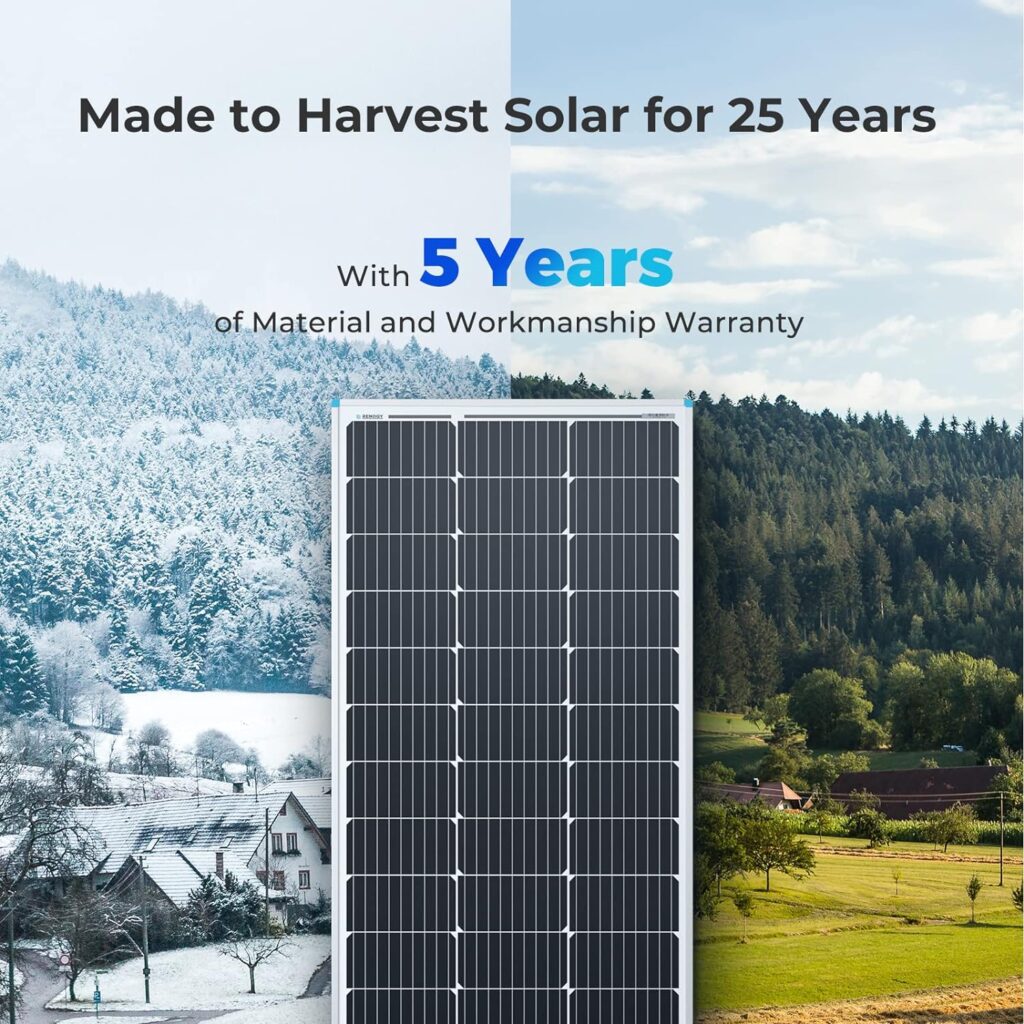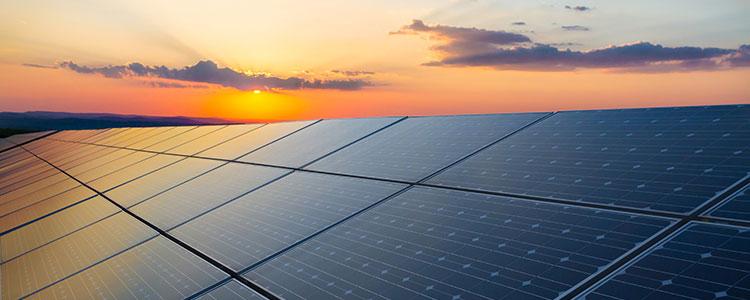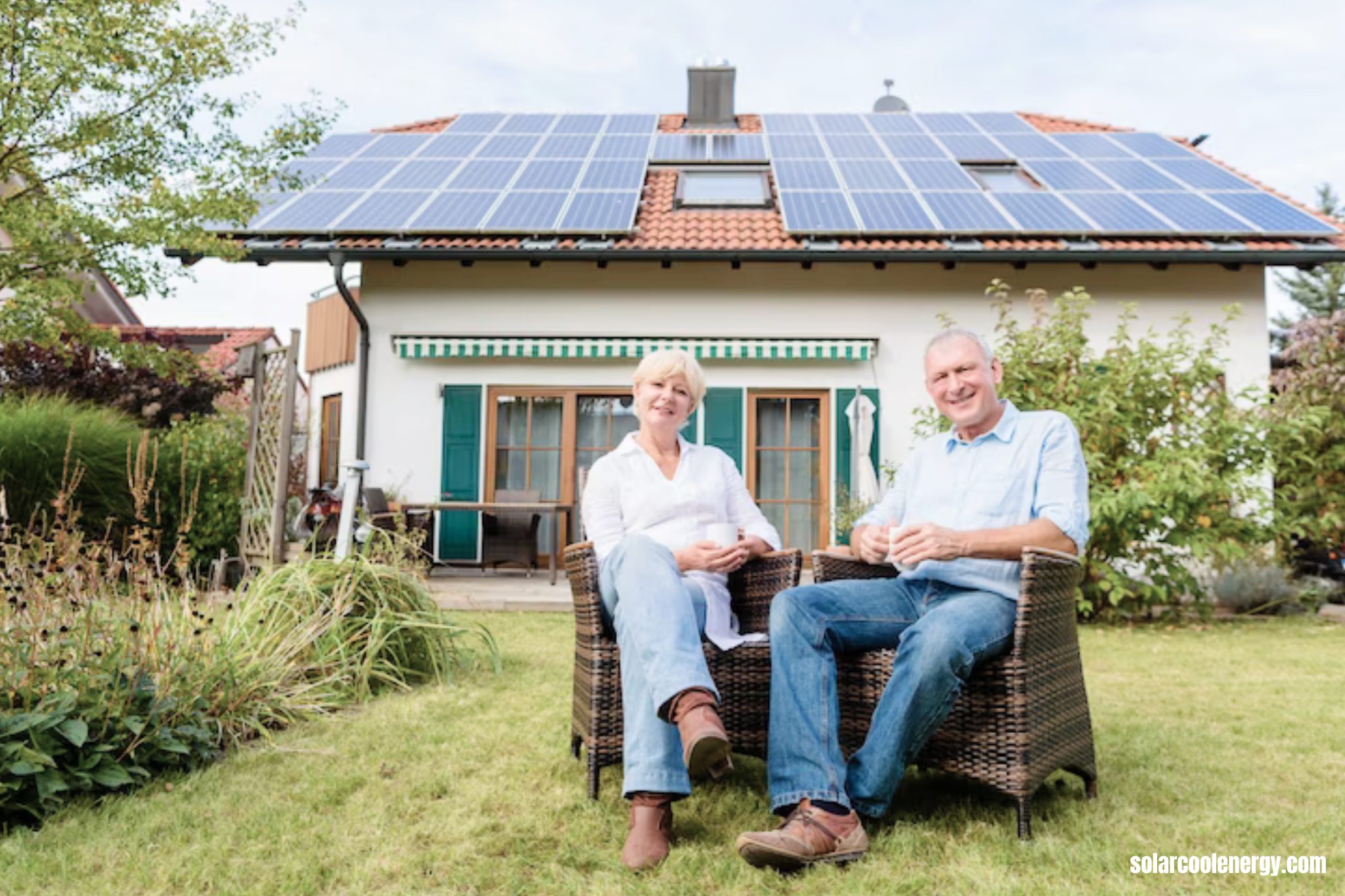How Long Are Solar Panels Good For? Solar panels are typically good for 25 to 30 years. Factors such as quality and maintenance can impact their lifespan.
In addition to environmental factors, the initial quality and ongoing maintenance of solar panels play a critical role in determining their longevity. Based on industry standards, most solar panels are expected to remain highly efficient for 25 to 30 years.
However, their actual lifespan can vary based on environmental conditions, panel quality, and maintenance. Regular cleaning and proper care can help ensure that solar panels continue to generate electricity effectively for their entire lifespan. As solar power continues to gain traction as an alternative energy source, it’s important to understand the longevity of solar panels.
While environmental factors play a crucial role in determining the lifespan of solar panels, proper maintenance and quality of the panels are equally significant. This article will delve into the typical lifespan of solar panels, the impact of degradation, and the importance of maintenance for maximizing their efficiency. Understanding these factors can help individuals and businesses make informed decisions when considering the installation of solar energy systems.

Credit: Youtube
Factors Affecting Solar Panel Longevity
As an environmentally friendly and cost-effective source of energy, solar panels are an increasingly popular choice for both residential and commercial use. It’s crucial for consumers to understand the factors affecting the lifespan of solar panels to ensure maximum efficiency and return on investment.
Material And Manufacturing Quality
The longevity of solar panels is heavily reliant on the quality of materials used in their construction and the manufacturing processes. High-quality materials and meticulous manufacturing techniques can significantly extend the lifespan of solar panels. Conversely, inferior materials or shoddy manufacturing may lead to quicker degradation and a shorter life expectancy.
Maintenance And Cleaning
Proper maintenance and regular cleaning are essential for extending the lifespan of solar panels. Regular maintenance checks and cleaning help prevent the accumulation of dirt, dust, and debris, which can obstruct sunlight and reduce panel efficiency. Ensuring cleanliness and performing regular inspections can help identify and resolve any potential issues before they escalate, thereby prolonging the operational lifespan of the panels.
Climate And Environmental Influences
The geographical location and climatic conditions have a significant impact on solar panel longevity. Extreme temperatures, high humidity, and exposure to harsh weather conditions can affect the performance and durability of panels. Furthermore, environmental factors such as air pollution, salt corrosion, and bird droppings can also contribute to the deterioration of solar panels over time.
By considering these key factors affecting solar panel longevity, individuals and businesses can make informed decisions when investing in solar energy, ensuring optimal performance and longevity for their solar panel systems.
Maximizing The Lifespan Of Solar Panels
When investing in solar panels for your home or business, maximizing their lifespan should be a priority. Proper maintenance, choosing high-quality materials and manufacturers, and implementing proper installation techniques are crucial in ensuring the longevity of your solar panels. By following these key strategies, you can extend the life of your solar panels and optimize their performance for years to come.
Regular Maintenance And Cleaning
Regular maintenance and cleaning are critical for increasing the life of solar panels. Routine inspections can help identify any potential issues as well as preventative maintenance to address minor concerns before they escalate. Additionally, keeping the solar panels clean can minimize dirt accumulation and prevent shading caused by debris. This maintenance can be as simple as regularly wiping down the panels and clearing any obstructions that may reduce their efficiency.
Choosing High-quality Materials And Manufacturers
Selecting high-quality materials and reputable manufacturers is essential in ensuring the longevity of solar panels. When considering solar panel options, it is crucial to review the specifications and performance guarantees provided by different manufacturers. Opting for panels with durable components and reliable warranties can offer peace of mind and prolonged performance over time.
Implementing Proper Installation Techniques
Proper installation techniques are paramount in maximizing the lifespan of solar panels. Professional installation by certified technicians can minimize potential issues such as water leaks or improper wiring, which can affect the panels’ efficiency and longevity. By ensuring that the panels are installed with precision and care, you can optimize their performance and minimize maintenance needs in the long run.

Solar Panel Degradation Over Time
Solar panels are an excellent long-term investment for sustainable energy generation. However, it’s essential to understand that solar panel degradation over time is a natural process that affects their efficiency and performance. This article will delve into the key factors contributing to solar panel degradation and how to mitigate its effects.
Impact On Efficiency And Power Output
The efficiency and power output of solar panels decline gradually over time due to various factors. Panel degradation results in a decrease in the power output, which directly impacts their operational efficiency. It is crucial for solar panel owners to be aware of this diminishing efficiency and take necessary measures to maintain optimal performance.
Effects Of Environmental Conditions
Solar panel degradation can be accelerated by exposure to harsh environmental conditions such as extreme temperatures, humidity, and UV radiation. These factors can lead to module corrosion, delamination, and micro-cracking. Understanding the impact of environmental conditions is crucial for devising a comprehensive maintenance strategy to prolong the lifespan of solar panels.
Importance Of Monitoring And Maintenance
Regular monitoring and maintenance are paramount to counteracting solar panel degradation. Implementing a proactive maintenance schedule, including cleaning, inspection, and repairs, can significantly extend the lifespan of solar panels. Additionally, performance monitoring systems can track the efficiency of solar panels over time, allowing for timely interventions to optimize their performance.
Extending The Lifespan Through End-of-life Management
Solar panels are a sustainable and efficient source of energy, with an average lifespan of 25-30 years. However, through proactive end-of-life management strategies, this lifespan can be extended, ensuring the long-term viability and environmental impact of solar panels. Implementing proper recycling and disposal practices, focusing on future sustainability, and considering the environmental impact are essential factors in maximizing the longevity of solar panels.
Recycling And Disposal Practices
It is crucial to have effective recycling and disposal practices in place for solar panels. As the demand for solar energy continues to grow, the need for responsible end-of-life management becomes increasingly important. When solar panels reach the end of their lifespan, proper recycling and disposal methods help minimize the environmental impact. Recycling facilities can recover valuable materials such as silicon, glass, and aluminum, reducing the need for raw material extraction and promoting a more sustainable lifecycle for solar panels.
Future Sustainability Of Solar Panels
The future sustainability of solar panels hinges on cutting-edge research and development efforts. Advancements in technology and materials science are essential for improving the efficiency and durability of solar panels. Investing in innovative designs and sustainable manufacturing practices contributes to the long-term viability of solar panels, ensuring they continue to be an environmentally responsible energy solution.
Environmental Impact And Long-term Viability
Considering the environmental impact and long-term viability of solar panels is crucial for the transition to a more sustainable energy landscape. By implementing end-of-life management strategies that prioritize recycling, sustainable manufacturing, and responsible disposal practices, we can minimize the environmental footprint of solar panels and ensure their continued viability for generations to come.

Credit: www.sunrun.com
FAQs For How Long Are Solar Panels Good For
How Often Do Solar Panels Need To Be Replaced?
Solar panels typically last for around 25-30 years before replacements are needed. Factors affecting lifespan and maintenance play a role.
What Is The Life Expectancy Of Solar Panels?
The life expectancy of solar panels is approximately 25-30 years. With regular maintenance, they can continue producing electricity for even longer periods.
What Happens To Solar Panels After 10 Years?
After 10 years, solar panels generally have a performance drop of around 10%-20%, but they can still produce energy for many years. Regular maintenance can extend their lifespan.
Do Solar Panels Really Last 20 Years?
Yes, solar panels can last 20 years or more, making them a durable energy investment.
Conclusion
Solar panels are designed to last for about 25-30 years, with most manufacturers offering warranties for this duration. Proper maintenance and cleaning can positively impact their lifespan, ensuring energy efficiency. While solar panel degradation is a natural process, investing in high-quality panels can maximize their longevity, making them a sustainable and cost-effective energy solution.

